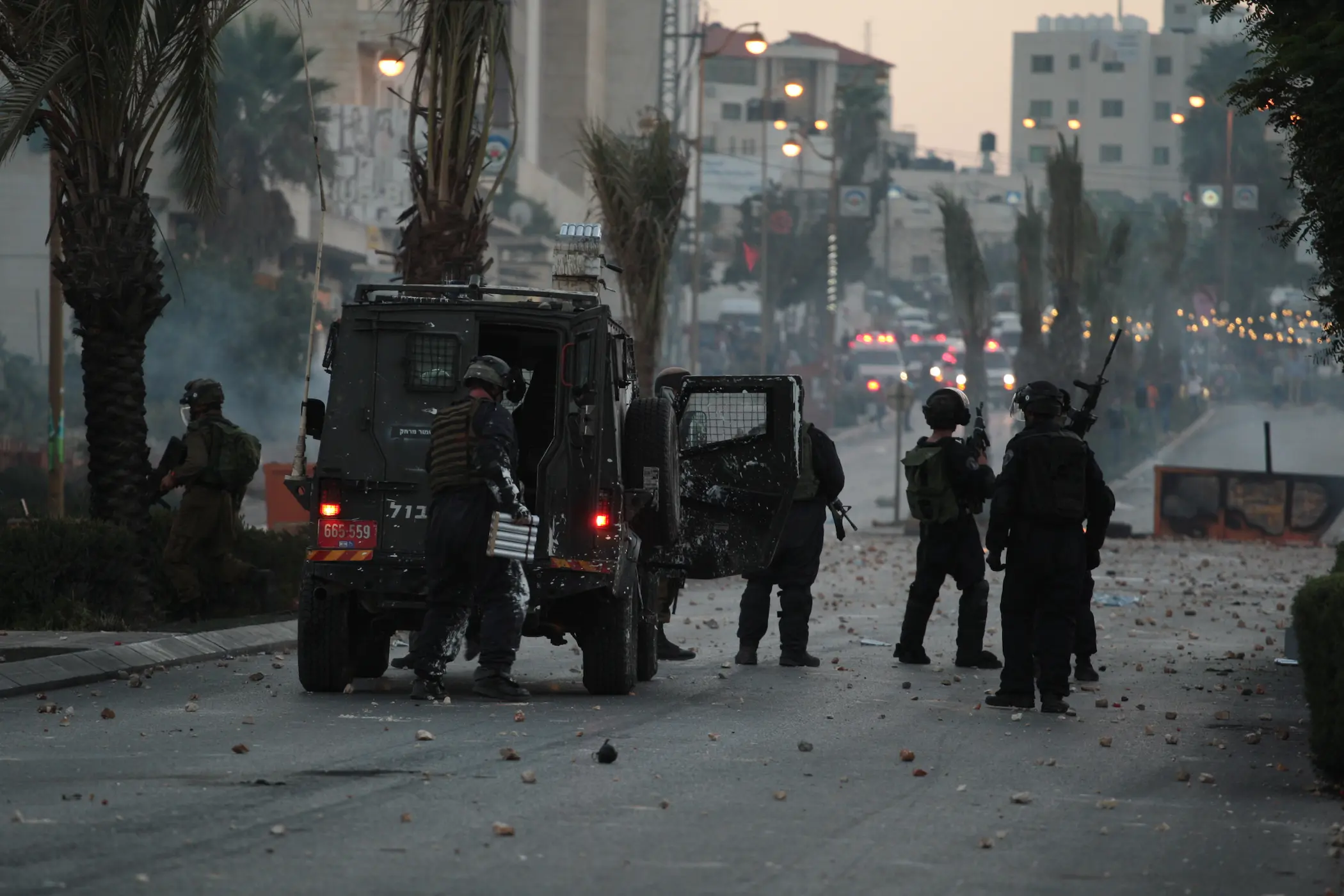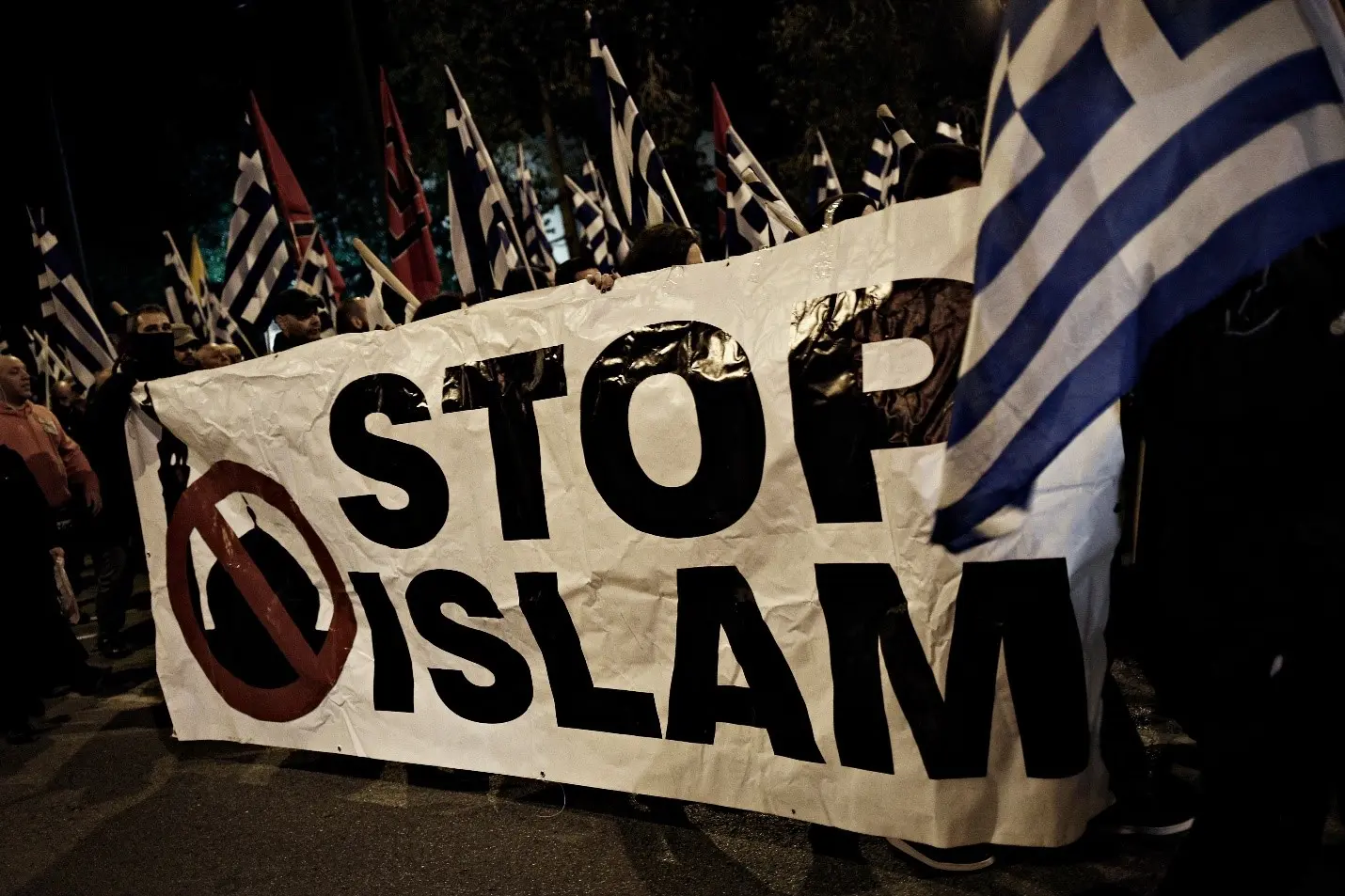This article was originally published on Ahram Online on Jan. 31, 2024.
The attack on the Santa Maria church in Istanbul is the first attack on Turkey claimed by IS since 2017. According to the Islamic State's statement, the attack was a response to one of its leaders instructing for the attack on "Jews and Christians". However, the end goal of the attack remains unclear and that raises questions about the legitimacy of IS’s claim. Over the last decade, the world has witnessed a sharp rise in terrorist attacks often claimed by terrorist groups striving to establish their relevance and influence over international politics. In fact, between 1998 and 2016, an estimated 16% of attacks were falsely claimed.
Ambiguous Motives
Terrorist attacks on minority groups in the region are rarely only about religious or ethnic persecution anymore. Minority groups are often easy targets for terrorist organizations and their targeting often conceals the larger motives behind the attacks, which are often intended to send a political message to leaders. They are therefore often victims of political power play used to put leaders in difficult positions with their constituents. However, it is often assumed that actors who claimed the attacks are actually the ones who committed or organized them however this is not always the case. Some recent instances include the Bastille Day attack in Nice, France in 2016, which was likely inspired by IS but not carried out in direct coordination with the group. Another example is the 2017 Las Vegas shooting, which does not seem to have been influenced by IS in any discernible manner.
Despite coming in the wake of Turkey approving Sweden’s accession to NATO, a move unlikely to be received well by Islamists, the scale of the attack and its chosen targets still leaves room for interpretation. Still, in Dec. 2023 the Turkish government disclosed that it has arrested more than 300 people for suspected ties to the Islamic State which suggests that perhaps more planned attacks had been averted.
Terrorism in Turkey
Between 2015 – 2017, Turkey witnessed an escalation in both the frequency and the severity of terrorist attacks. This was largely attributed to regional and international dynamics at the time, particularly the ongoing Syrian Civil War, as the rise of IS and the activities of Syrian Kurdish groups, such as the People’s Protection Units (YPG), along Turkey’s southern border created security challenges. Turkey expressed concerns about the YPG’s links with the Kurdistan Workers’ Party (PKK), a Kurdish militant group that has been involved in a long-standing conflict with the Turkish government. Before 2015, Turkey had experienced attacks primarily attributed to the PKK which have both claimed and been blamed for numerous bombings, assassinations, and other violent acts. However, the threat posed by IS was particularly impactful, with the group carrying out major attacks on Turkish soil, including the 2015 Ankara bombings and the 2016 Istanbul airport attack. Additionally, the Syrian conflict led to a substantial influx of refugees into Turkey, creating social, economic, and security challenges.
Implications
The aftermath of the attack poses a challenge for Erdogan, who may face increased scrutiny and accusations of indirectly supporting Islamist organizations, potentially impacting Turkey’s standing in the international community. The attack also carries significant implications for regional dynamics, particularly in relation to Israel and the ongoing conflict in Gaza. IS’s claiming of the attack feeds into Israeli narratives about the growing Islamist threat in the region, which are frequently invoked by Prime Minister Netanyahu and used to highlight the common motives driving cooperation with Israel’s international partners, particularly European allies. In a statement made following the 2015 terrorist attack in Paris, Netanyahu stated that “militant Islamic terrorism attacks our societies because it wants to destroy our civilization and our values.” The attack may be strategically utilized by Israel to underscore the perceived dangers posed by Islamist groups, such as Hamas, justifying its military actions in Gaza as a response to this broader regional security threat, and reinforce its position on the global stage.
At the same time, the reemerging threat of IS could force Turkey, and potentially other countries in the region, to redirect their attention to national security, diverting away from Israel and Gaza to other regional threats. The attack on a U.S. military base on the borders between Syria and Jordan, and the consequences of that unfolding in parallel, also point to this potential shift in the conflict.
References
Kearns, Erin M. “When to Take Credit for Terrorism? A Cross-National Examination of Claims and Attributions.” Terrorism and Political Violence 33, no. 1 (January 29, 2019): 164–93. https://doi.org/10.1080/09546553.2018.1540982
“More than 300 People Arrested in Turkey for Alleged ISIS Links.” Euronews, December 22, 2023. https://www.euronews.com/2023/12/22/more-than-300-people-arrested-in-turkey-for-alleged-links-to-isis
“PM Netanyahu’s Statement after the Terrorist Attacks in Paris.” Government of Israel, November 14, 2015. https://www.gov.il/en/departments/news/statement-by-pm-netanyahu-7-oct-2023
“Turkey Arrests 47 Alleged Is Members over Istanbul Church Attack.” Euronews, January 29, 2024. https://www.euronews.com/2024/01/29/turkey-arrests-47-alleged-is-members-over-istanbul-church-attack














Comments